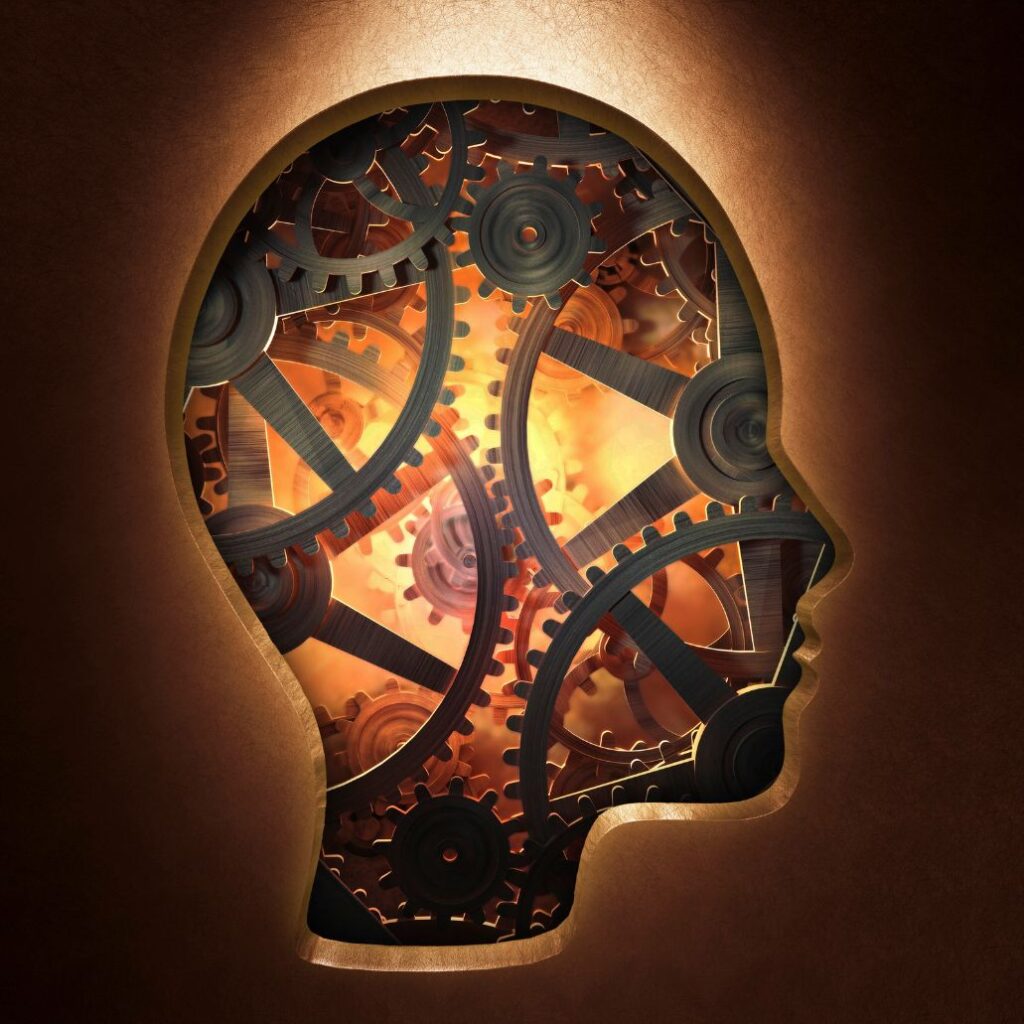“The mind is not a vessel to be filled but a fire to be kindled.” – Plutarch
Introduction
Have you ever wondered how you can enhance your intelligence and cognitive abilities? While genetics and education play significant roles in shaping our intelligence, there are fascinating psychological phenomena that can also contribute to our mental acuity. In this article, we will explore seven psychology facts that you can leverage to become smarter. By understanding and applying these concepts, you can unlock your full cognitive potential and improve your overall intellectual prowess. So, let’s dive into the world of psychology and discover the secrets to sharpening our minds.
1. The Zeigarnik Effect: Finishing What We Start
Have you ever experienced a nagging feeling when you leave a task unfinished? The Zeigarnik Effect explains this phenomenon. According to this concept, our minds tend to remember incomplete tasks more vividly than completed ones. This creates a mental tension that pushes us to seek closure by finishing what we started. By leveraging the Zeigarnik Effect, you can harness the power of motivation and use it to your advantage. Here’s how:
- Break down your goals into smaller, manageable tasks.
- Focus on completing one task at a time to maintain momentum.
- Celebrate your progress and acknowledge the satisfaction of finishing each task.
By utilizing the Zeigarnik Effect, you can maintain a sense of purpose and drive, leading to increased productivity and overall intelligence.
2. The Pygmalion Effect: The Power of Expectations
The Pygmalion Effect highlights the influence of expectations on individual performance. When others have high expectations of us, we tend to rise to meet those expectations. Similarly, when we have high expectations of ourselves, we are more likely to achieve success. By understanding and harnessing the Pygmalion Effect, you can boost your intelligence and achieve your goals:
- Surround yourself with individuals who believe in your abilities and encourage your growth.
- Set high expectations for yourself and visualize achieving success.
- Use positive affirmations and self-talk to reinforce your belief in your capabilities.
Remember, the power of expectation can shape your reality and help you reach new heights of intelligence.
3. Framing Bias: Shaping Perspectives
The way information is presented can significantly influence our perception and decision-making. The Framing Bias demonstrates that individuals react differently to the same information depending on how it is framed. By being aware of this bias, you can improve your cognitive Potential and make more informed choices:
- Analyze the framing of information in various contexts to gain a comprehensive understanding.
- Challenge your initial reactions and consider alternative perspectives.
- Seek out diverse sources of information to avoid being influenced solely by a specific frame.
By actively addressing the Framing Bias, you can develop a more well-rounded and intelligent approach to processing information.
4. Cultivating Self-Belief
Confidence is a vital ingredient for intellectual growth and success. Confidence Farming refers to the process of nurturing and cultivating self-belief to enhance our cognitive Potential. Here are some strategies to cultivate confidence:
- Set achievable goals and celebrate your accomplishments.
- Embrace failure as a learning opportunity and persevere in the face of challenges.
- Surround yourself with a supportive network that encourages your growth.
By practicing Confidence Farming, you can build a strong foundation of self-assurance that empowers you to take on intellectual challenges with determination and resilience.
5. The Rule of 7: Enhancing Memory
The Rule of 7, also known as Miller’s Law, suggests that our working memory can typically hold around seven chunks of information at a time. By leveraging this understanding, we can optimize our learning and memory retention:
- Break down complex concepts into smaller, manageable chunks for easier assimilation.
- Utilize mnemonic devices or visualization techniques to enhance memory recall.
- Practice spaced repetition to reinforce learning over time.
By applying the Rule of 7, you can maximize your learning potential and improve your ability to retain and recall information effectively.
6. The Von Restorff Effect: Standing Out in Memory
The Von Restorff Effect asserts that items that are distinct or unique from their surroundings are more likely to be remembered. By leveraging this effect, you can enhance your ability to remember important information:
- Highlight key points or use visual cues to make important information stand out.
- Create associations or connections with unique or memorable imagery.
- Utilize vivid storytelling techniques to engage your memory.
By leveraging the Von Restorff Effect, you can make important information more memorable, improving your overall cognitive Potential.
7. Commitment Device: Overcoming Procrastination
Procrastination can hinder intellectual growth and productivity. A commitment device is a strategy or tool we use to enforce commitment and overcome procrastination. Here’s how you can employ commitment devices to boost your intelligence:
- Set clear and specific goals with deadlines to create accountability.
- Find an accountability partner or join a study group to stay motivated.
- Utilize productivity apps or time management techniques to stay focused.
By incorporating commitment devices into your routine, you can overcome procrastination and cultivate consistent intellectual growth.
Summary
In this article, we have explored seven psychology facts that can help you become smarter. From understanding the power of the Zeigarnik Effect to leveraging the Von Restorff Effect, each concept offers valuable insights into enhancing our cognitive abilities. By applying these psychological phenomena to our lives, we can optimize our learning, decision-making, and overall intelligence. So, start implementing these strategies today and unlock your full mental potential. Remember, intelligence is not just about what we know but how we utilize our knowledge to grow and adapt in an ever-changing world.



